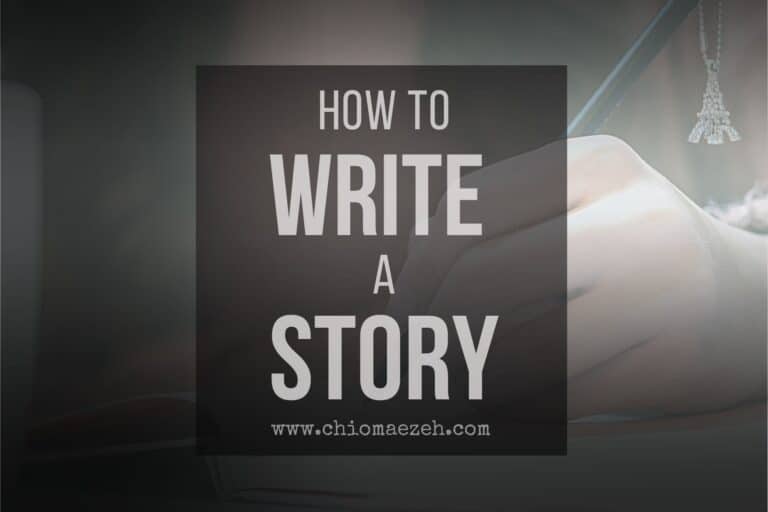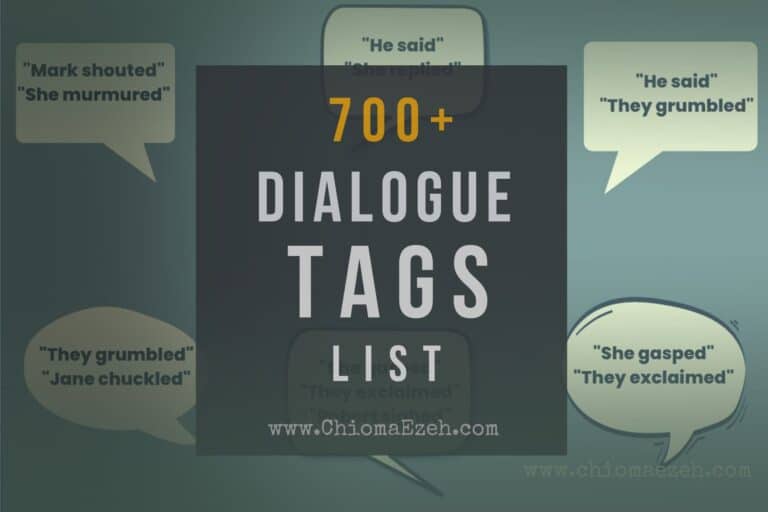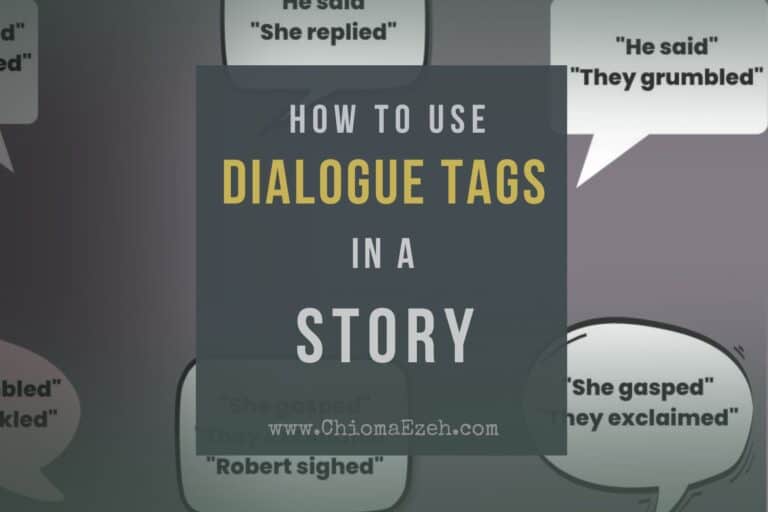How To Be A Better Storyteller & writer: 15 Tips
Gone are the days when storytelling was limited to traditional books and plays. Now, with the ever-growing influence of digital media, storytelling has become a powerful tool for engaging audiences in ways that were previously unheard of.
Whether you’re a novelist, screenwriter, or content creator, if you want to capture your audience’s attention and captivate them with compelling stories, then it pays to be an excellent storyteller.
But becoming a great storyteller is easier said than done. It takes practice, patience, and lots of hard work to hone your craft as a writer. In this post, we will provide 15 tips on how to be a better storyteller and writer so that you can create stories that captivate readers anywhere!
👉 Just getting started as a writer? See our comprehensive guide on how to write a story in 9 steps

Let’s Talk
Are you a writer aspiring to pen a masterpiece that never fails to captivate? Look no further. Reach out to us and uncover how we can help you to take your writing to unprecedented heights!

How To Be A Better Storyteller and writer
If you want to become a better storyteller, here are some tips to help you on your journey:
1. Read often.
Start by reading as much as you can. Not just any type of book – focus on genres that interest you and that have stories with compelling plot lines and memorable characters. Pay attention to the elements that make the story effective and how they were used. If you have no idea where t start, you can check out our story ideas for every genre in this guide. You can subscribe to various reading services where you get access to a library of books for free and cheap.
2. Know your audience.
Before you begin writing, take some time to think about who your story is for. This will help you create a narrative that resonates with your readers and keeps them engaged. Imagine your readers as you write and strive to make it relatable. For example, if you’re writing for a younger audience, such as in Sci-fi or “Young Adult” fiction, then you may want to focus on themes that are more relevant and relatable for this group.
3. Learn the structure of story writing.
It’s important to understand the basics of story structure, such as the hero’s journey or the three-act structure. We recommend reading all of our guides on story structure to get an idea of what these structures are and how they work. Once you understand the basics, it will be easier to craft a compelling story that keeps your reader engaged.

4. Take classes.
If you want to take your storytelling skills to the next level, consider taking a class or workshop on storytelling. This will help you understand the basics of writing and storytelling and give you tips from experienced professionals. You can have a one-on-one writing coach, or join a group of like-minded writers. There are also some great classes offered by established fiction authors. For example, Margaret Atwood offers a course on writing on the popular Masterclass platform.
5. Join a critique group.
Critique groups are another great way to become a better storyteller. When you collaborate with other writers, you can get valuable feedback on your work and learn how to make it even better. There are several groups on Reddit such as the r/WritingCritique subreddit and others that you can join. You could also find writers in your local area to form a critique group with or join an online one.
6. Watch movies and tv shows.
You can also gain insights into storytelling by watching movies and tv shows. Pay attention to how stories are told and the elements used, such as plot twists and character development. Over the years, I’ve gotten better at writing stories when I watch movies and tv shows. When I saw the popular movie, “The Shawshank Redemption,” I was inspired to craft my own prison escape story.
7. Observe.
Pay attention to your surroundings and observe how people interact with each other. Note the small details that make up a person’s life, as these can be used to create vivid stories. I’ve often found that I get inspired with ideas when I go on vacation, take a simple walk, stroll around the garden, and just observe the world around me.

8. Write often.
Writing regularly is essential for improving your storytelling skills. Set aside some time every day to write and practice the craft. You can use some notetaking apps, or just write on paper. If you’re not a fan of traditional paper, then a digital notebook is the way to go. Note that you don’t have to publish everything you write – just focus on getting better at telling stories through words first. With time, you’ll find your own voice and style.
9. Use emotion.
A great storyteller understands how to use emotion to connect to the reader. Use descriptive words to create vivid images and employ words that evoke emotion. You should also be aware of your character’s emotions and how they shape their decisions. Emotive words and imagery help create an emotional connection between the reader and the story.
10. Be creative.
Don’t be afraid to experiment with new ideas as this will help you become more creative in your storytelling endeavors. Play around with different plot points and characters to create unique worlds and settings for your readers. It can be daunting to try something new, but it’s essential to keep growing and evolving as a storyteller and writer.
11. Experiment.
Try to think outside the box when it comes to storytelling – try using different points of view or genres and see how they work for you. For example, you could try writing from a villain’s perspective when writing a mystery novel or delve into suspenseful scenes when writing a romance. You never know what will work until you try it.

12. Use AI Story Generators.
If you’re stuck on ideas, consider using AI story generators to help you craft compelling stories. These tools use artificial intelligence to mimic human writing. AI story writing tools such as Jasper and NovelAI can create stories from scratch and can be a great starting point.
13. Participate in writing contests.
Participating in writing contests is a great way to challenge yourself and hone your storytelling skills. You can read other writers’ stories to get inspiration, or join an online writing forum and connect with like-minded people who can provide feedback on your work. For example, there are the NaNoWriMo, the ScriptFrenzy, and Reedsy writing competitions.
14. Listen to podcasts.
Podcasts are a great way to gain insights into the craft of writing and storytelling. Listening to podcasts will help you stay up to date with the latest trends in writing as well as get inspired by experienced authors. You can find popular podcasts such as Writing Excuses, Writers on Writings, and Reading Women Podcast for additional inspiration.
15. Use Resources on this blog.
We’re always updating this blog with new and helpful resources for writing better stories. Be sure to check back regularly for new tips and techniques!
Video Recommendation
Final Notes on How To Be A Better Storyteller
The above are some steps you can take on your journey to become a better storyteller. Keep in mind that it takes time, practice, and dedication to become an effective storyteller. Don’t get discouraged if you don’t have immediate results.
By following these tips, you can become a better storyteller and writer. Practice regularly, experiment with different styles and techniques, and don’t be afraid to take risks – these are all essential steps toward becoming a master of storytelling!
Recommended Reading:





![What Is Point Of View In Literature? [Definiton, Types & Examples]](https://chiomaezeh.com/wp-content/uploads/2023/03/point-of-view-in-literature-768x512.jpg)
